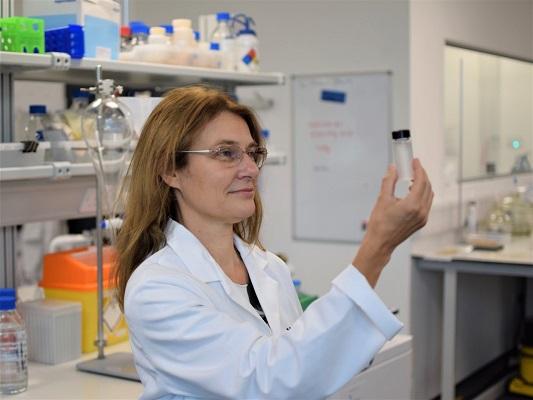Creator of natural alternatives to single-use plastic, Xampla, has developed a new application for its plant-protein material to help the fragrance industry transition away from plastic microcapsules, set to be regulated under the ECHA microplastics ban.
Xampla’s fragrance microcapsules are being designed to sustainably and seamlessly substitute their plastic counterparts. They will perform like conventional plastic safeguarding fragrance longevity and consumer experience.
The production process uniquely requires no chemical additives meaning the microcapsules safely decompose at end of life.
The technology has been developed by leading scientists and experts in olfactive evaluation to respond to the changing industry landscape as it prepares for new plastics regulation.
The ECHA microplastics ban is predicted to prevent the release of up to 500,000 tonnes of microplastics over 20 years1, but will necessitate a transition away from plastic microcapsules including those used in fragrance.
Xampla is a Cambridge University spin-out Chaired by Jeff Seabright, former Unilever Chief Sustainability Officer. It creates natural substitutes for single-use plastic with a mission to reduce marine plastic pollution.
The technology assembles plant protein to mimic the molecular structure of spider silk, resulting in a strong, flexible and entirely natural material that performs like plastic without the environmental consequences.
Lynette Holland, Principal Scientist at Xampla, said: “Before joining Xampla I worked in fragrance development at FMCG brands for more than 20 years. I witnessed first-hand the innovations that have ensured consumers get the best possible fragrance experience from their home and personal care products.
“Plastic pollution is one of the most pressing crises of our time. The forthcoming microplastics regulation is much needed. Plastic microcapsules cannot be created or disposed of sustainably, and we are proud that we will be able to offer the fragrance industry a solution to comply with regulation and enable the fragrance experience customers know and love.”
For more information on Xampla visit: www.xampla.com
About Xampla
Xampla is a spin-out from the University of Cambridge. Its Supramolecular Engineered Protein has been developed over the past 15 years.
It has created the world’s first plant protein material for commercial use. Its material performs like synthetic polymers, but decomposes naturally and fully without harming the environment.
Xampla is the first UK University spin-out to be awarded B Corp status.
Its first products will be launched later this year.
